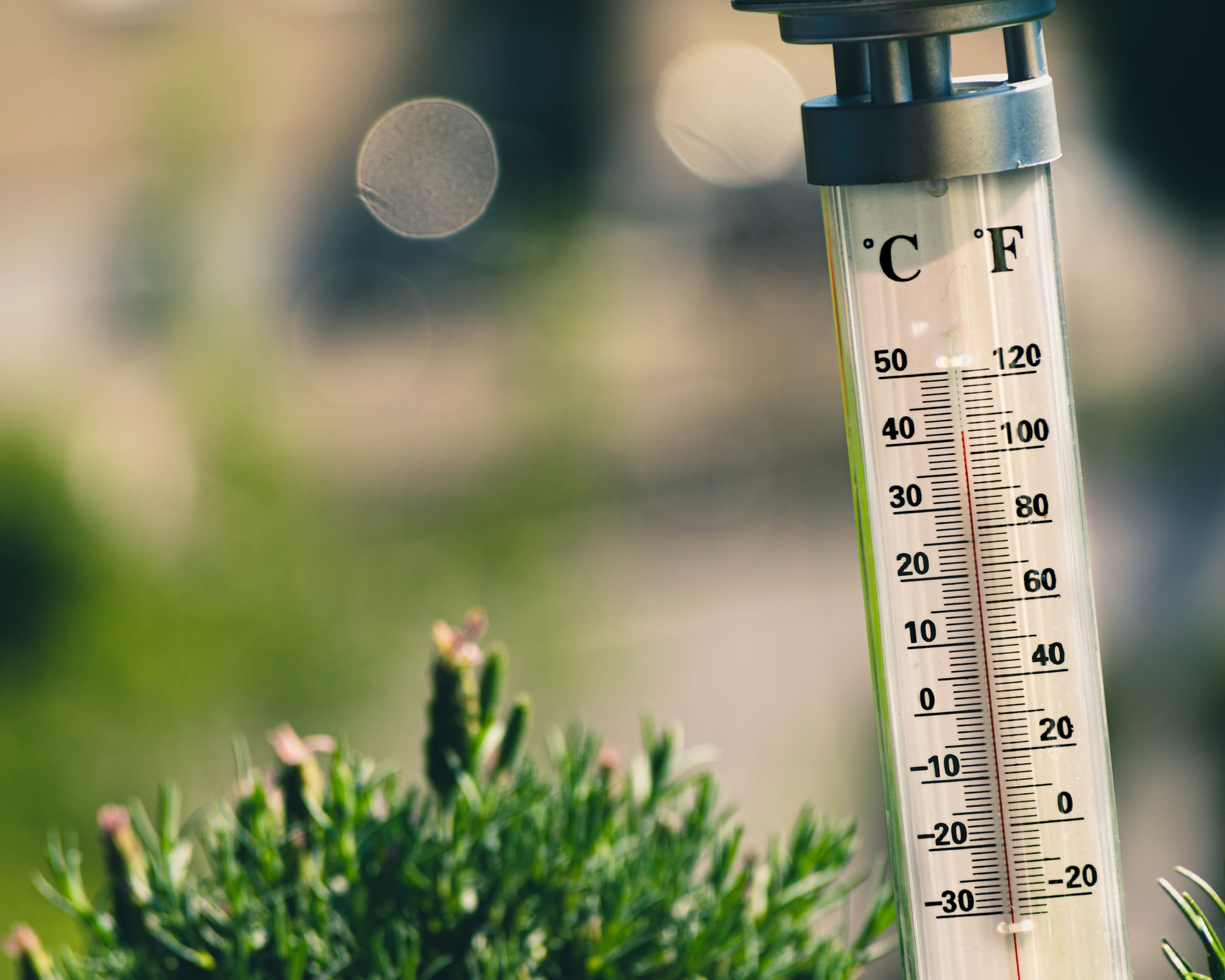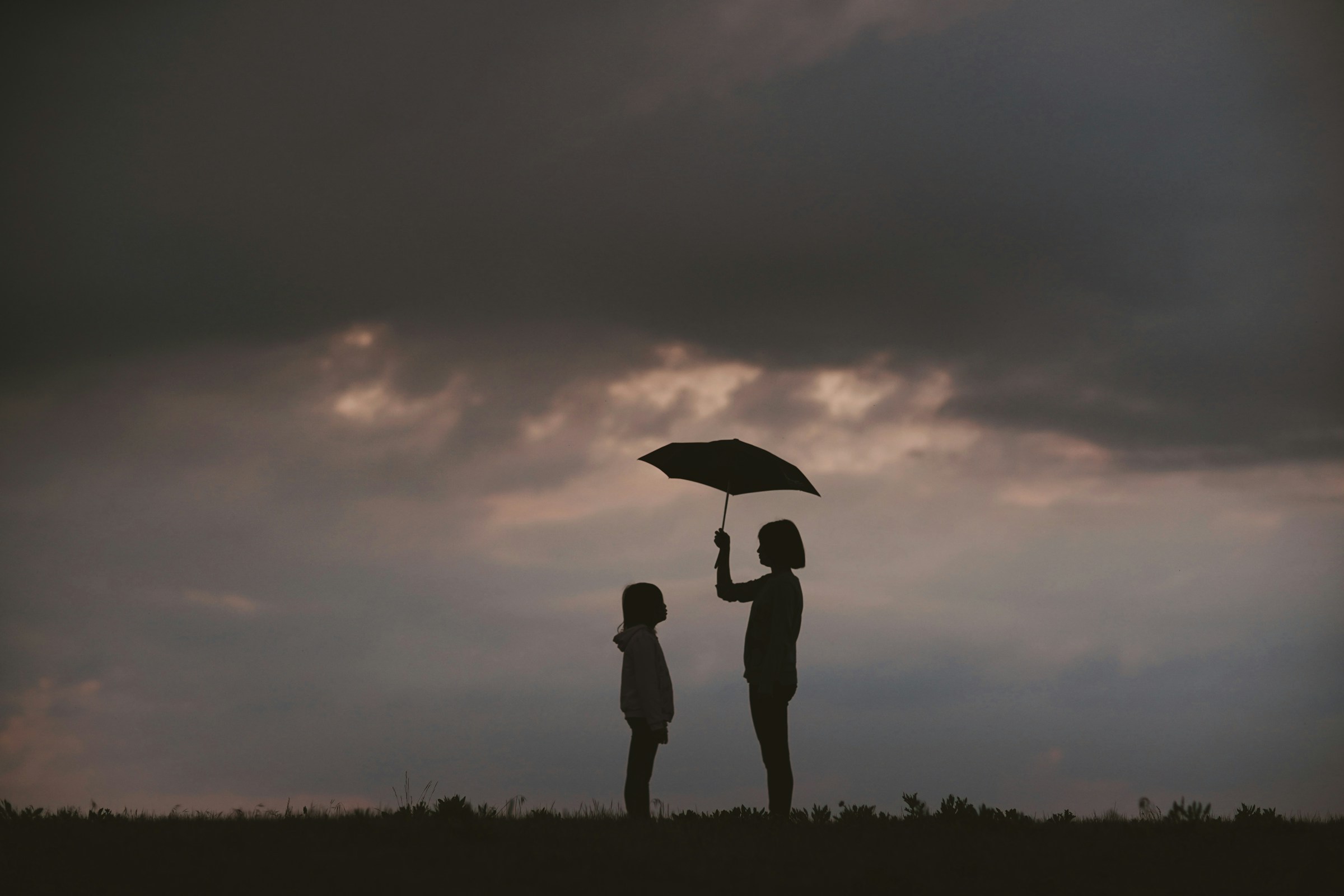“The role of science is crucial for science-based decisions and negotiations,” said Anna Pirani, IPCC Focal Point alternate for Italy and senior research associate at CMCC. “The negotiations are based on the robust and comprehensive assessment by the IPCC, and other authoritative sources of science, such as the World Meteorological Organisation (WMO).”
As part of the Italian delegation, CMCC supports checking, improving and making proposals for texts or arguments in the negotiations. “We follow in detail the progress in specific aspects of the negotiations and report to the Italian team,” said Pirani. “We bring different competencies that complement the team from the ministry, bringing more expertise on topics such as adaptation, loss and damage, AFOLU – that is, agriculture, forestry, land use – and food security, and climate science.”
Pirani also participates in many events taking place during the COP, such as the World Cafe organized for the UNFCCC Earth Information Day, where she will be serving as an expert on observations for disaster risk reduction. “This World Caffé process is really interesting,” said Pirani. “They have put in place a mechanism to gather as much information, as many voices from participants on user needs for Earth observations and climate information.”
Pirani will also moderate a session on the global carbon budget and how to reconcile estimates on global greenhouse gas inventories, and speak at a climate and health event in the Italian pavilion. She is an invited speaker at an event organized in the Science for Climate Action pavilion on “Where is global warming in relation to the long-term temperature goal?” She will also be speaking about the science-policy interface, including how to get involved at the Union for the Mediterranean pavilion, and the need for open access data at the Malaysia Pavilion.
“At the COP28 negotiations, we expect the establishment of the mechanism and contributions for supporting the most vulnerable countries that are facing loss and damage,” said Pirani. “We also hope to see important progress for the development of the Global Goal on Adaptation. Moreover, we will discuss pledges to ramp up the implementation of renewable energy, to increase energy efficiency and towards the phase down of fossil fuel use, which will be discussed in the context of unabated fossil fuels. The important milestone from this COP will be the first phase of the global stocktake. This is the mechanism that is part of the Paris Agreement to take stock every five years of the progress in mitigation, adaptation and finance to meet the long-term global goals of the Paris Agreement.”
More on climate policy:
Visit the climate policy section on CMCC Foresight magazine
Cover image: UNclimatechange on Flickr






